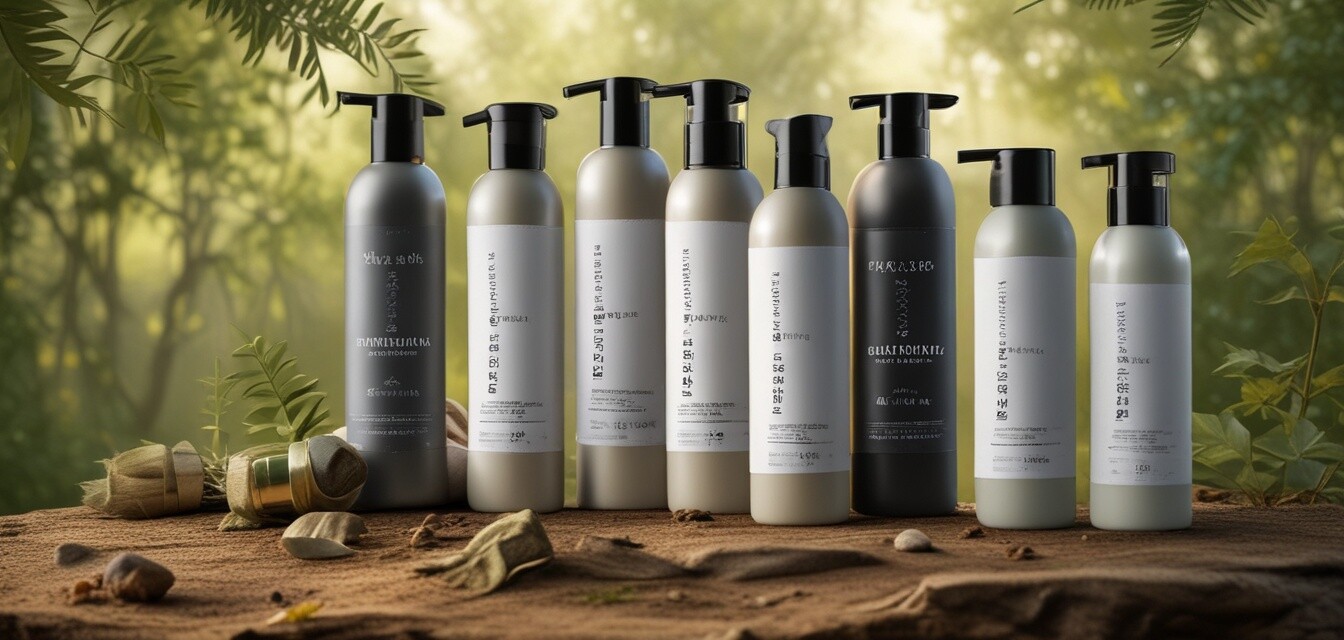
The Future of Ethical Sourcing in Haircare
Key Takeaways
- Ethical sourcing emphasizes transparency and sustainability in ingredient selection.
- Luxury haircare brands are responding to consumer demand for eco-friendly products.
- Implementing ethical practices can enhance brand loyalty and trust.
- Expect to see more refillable and sustainable packaging solutions in the future.
In recent years, the beauty industry has undergone a significant transformation, with consumers increasingly drawn to brands that prioritize ethical sourcing. In the haircare sector, this trend reflects a broader shift towards sustainability and responsibility. This article explores the growing importance of ethical sourcing in haircare and how brands are moving toward responsible ingredient choices.
The rise of ethical sourcing in haircare
Consumers today are more informed than ever. With access to information at their fingertips, they are increasingly scrutinizing the products they use. This growing awareness has led to a demand for greater transparency from brands regarding their sourcing practices.
Consumer awareness and ethical sourcing
As customers seek out products that align with their values, ethical sourcing has become a key focus for many luxury haircare brands. Here’s how consumer awareness is impacting the industry:
- Transparency: Consumers are demanding transparent ingredient sourcing and more information about company practices.
- Sustainable practices: Brands are adopting sustainable agricultural practices to minimize their environmental impact.
- Fair trade ingredients: Ethical sourcing often includes fair trade options, ensuring that producers are compensated fairly.
Trends in ethical sourcing
Examine the emerging trends in ethical sourcing that are shaping the future of the haircare industry:
| Trend | Description |
|---|---|
| Sourcing natural ingredients | Brands are focusing on ingredients derived from nature, reducing reliance on synthetic compounds. |
| Recyclable and biodegradable packaging | They are embracing eco-friendly packaging solutions that reduce waste and environmental impact. |
| Community-supported ingredients | Supporting local communities through fair sourcing practices, fostering trust and long-term relationships. |
How brands are responding
Luxury haircare brands are increasingly adopting ethical sourcing practices to gain consumer trust and loyalty. Here are some strategies they are implementing:
- Certification and partnerships: Many brands are partnering with organizations that focus on ethical sourcing and fair trade certifications to enhance credibility.
- Supply chain transparency: Providing detailed supply chain information helps customers make informed choices.
- Community engagement: Involving local communities in sourcing practices can contribute to positive social change.
Examples of ethical sourcing practices
Here are some notable practices observed in the luxury haircare sector:
- Using sustainably sourced oils: Many brands are switching to oils derived from renewable resources.
- Investing in biodegradable ingredients: Ingredients that naturally break down in the environment are gaining popularity.
- Emphasizing cruelty-free testing: A commitment to cruelty-free practices adds a layer of ethical consideration.
The benefits of ethical sourcing
Adopting ethical sourcing practices not only benefits the environment but also offers several advantages for brands:
| Benefit | Description |
|---|---|
| Increased brand loyalty | Consumers are more likely to brand loyalty to companies that align with their values. |
| Positive brand image | Being associated with ethical principles enhances a brand's reputation in the market. |
| Competitive advantage | Brands that prioritize ethical practices differentiate themselves in a crowded marketplace. |
The future of ethical sourcing
Looking ahead, the future of ethical sourcing in haircare appears promising. As consumers continue to prioritize sustainability, brands without ethical sourcing initiatives may struggle to survive:
- Regulation and standards: Expect more regulations regarding ethical sourcing practices.
- Innovation in materials: Ongoing research will likely lead to innovative, sustainable materials and ingredients.
- Consumer activism: An increase in consumer-led initiatives advocating for ethical practices will shape brand strategies.
Conclusion
Ethical sourcing is not just a trend; it is quickly becoming a necessary standard in the luxury haircare industry. By prioritizing transparency, sustainability, and community support, brands can build trust with consumers and stay competitive in an evolving market. As a consumer, choosing products from brands that embrace these ethical practices ensures that your beauty routine contributes to a healthier planet.
Pros
- Encourages sustainable practices in the beauty industry.
- Builds consumer trust and brand loyalty.
- Supports fair trade and local communities.
Cons
- Potentially higher costs for consumers.
- Limited availability of ethically sourced ingredients.
To explore more about sustainable practices in the haircare industry, visit our Sustainability in Haircare blog category. If you're interested in finding eco-friendly luxury haircare accessories, don't miss out on our curated selection at Eco-Friendly Luxury Haircare Accessories.
Additionally, discover the latest in Buying Guides for the best practices in selecting haircare products. Remember, making informed decisions can empower you and contribute positively to our planet.

